Meet the COcyber Batch #2 Ambassadors
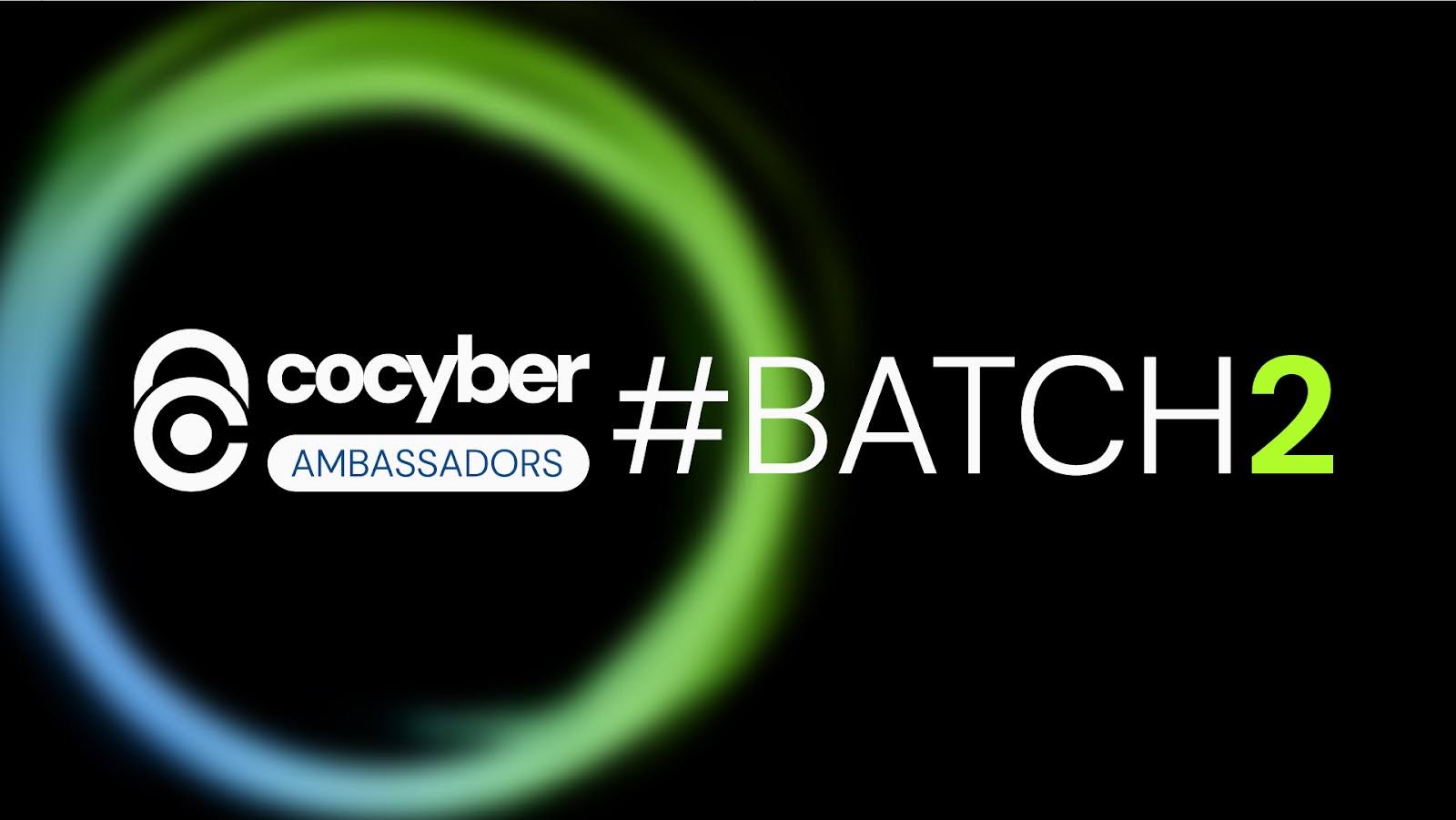
Cybersecurity remains one of Europe’s most pressing priorities, demanding coordinated action across government, industry, and academia. As digital threats grow in complexity and scale, bridging the gap between the civilian and defence sectors becomes increasingly critical. The COcyber Ambassador Programme is designed to support this mission by connecting experts from diverse cybersecurity domains and amplifying their contributions to European cyber resilience.
Now in its second edition, the programme brings together a new cohort of thought leaders dedicated to strengthening cybersecurity policy, practice, and cooperation across borders. Each ambassador will play a key role in disseminating COcyber’s objectives, facilitating knowledge exchange, and connecting communities that too often operate in silos.
Meet the Second Batch of COcyber Ambassadors
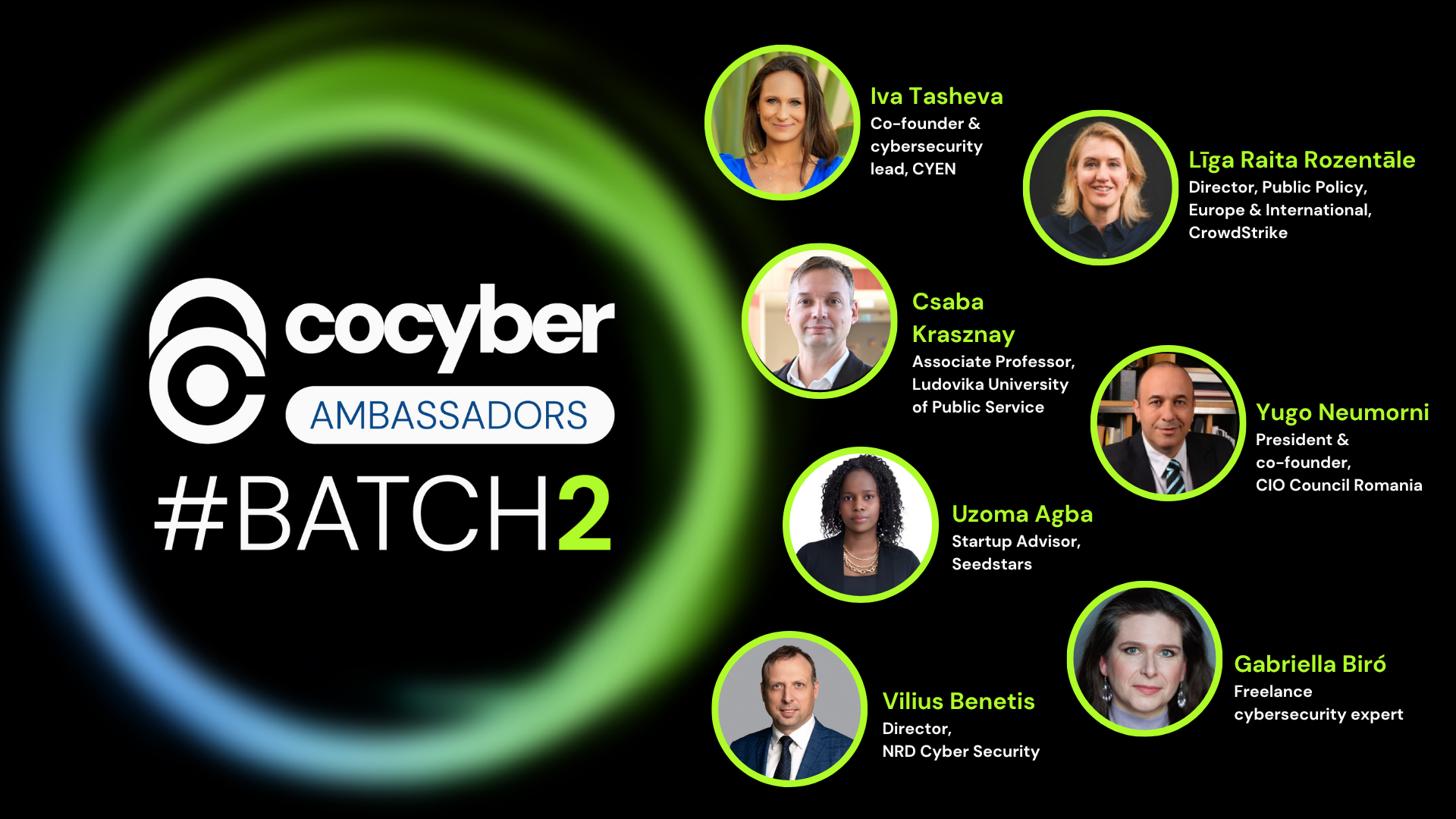
We are proud to present the second batch of ambassadors, onboarding COcyber from June to November 2025, consisting of distinguished cybersecurity professionals who embody expertise, innovation, and a shared commitment to enhancing digital resilience across the continent. These seven professionals come from five EU countries, including Belgium, Hungary, Lithuania, Germany and Romania.

Dr. Vilius Benetis, Director at NRD Cyber Security, is a global cybersecurity capacity-building expert who leads CSIRT/SOC modernisation projects across Europe, Asia, Africa, and Latin America. He con tributes to the development of global methodologies through ENISA, GFCE, FIRST.org, and ITU, and serves as the global ambassador of CIS Controls. With a strong focus on operational cybersecurity maturity, he advocates for partnerships that bridge local needs with international standards.
Iva Tasheva is co-founder and cybersecurity lead at CYEN, a Brussels-based consultancy that delive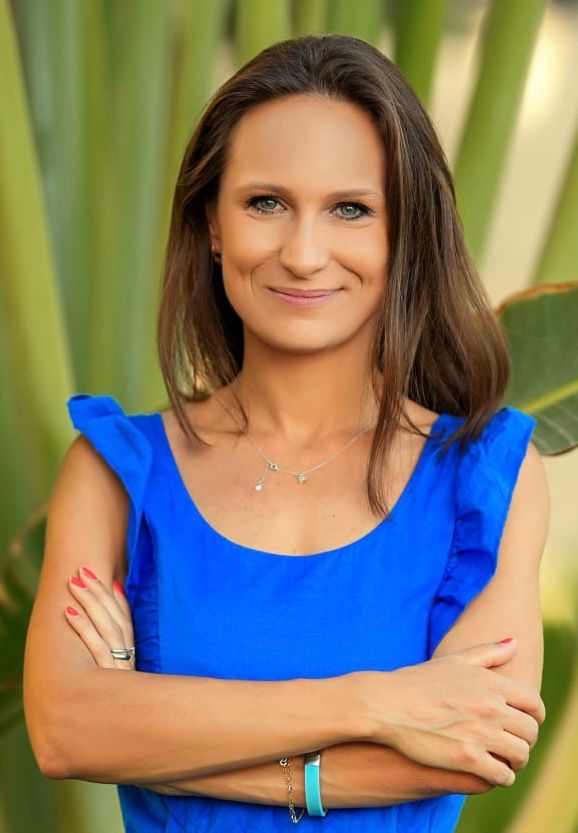 rs tailored cybersecurity risk and compliance solutions. She serves on ENISA’s Ad-Hoc Working Groups and is a Board Member of Women4Cyber Belgium. Recognised as Belgium’s Cybersecurity Personality of the Year 2022 and winner of the 2024 BeNeLux OSPA, she is active in both policy shaping and implementation support across sectors.
rs tailored cybersecurity risk and compliance solutions. She serves on ENISA’s Ad-Hoc Working Groups and is a Board Member of Women4Cyber Belgium. Recognised as Belgium’s Cybersecurity Personality of the Year 2022 and winner of the 2024 BeNeLux OSPA, she is active in both policy shaping and implementation support across sectors.
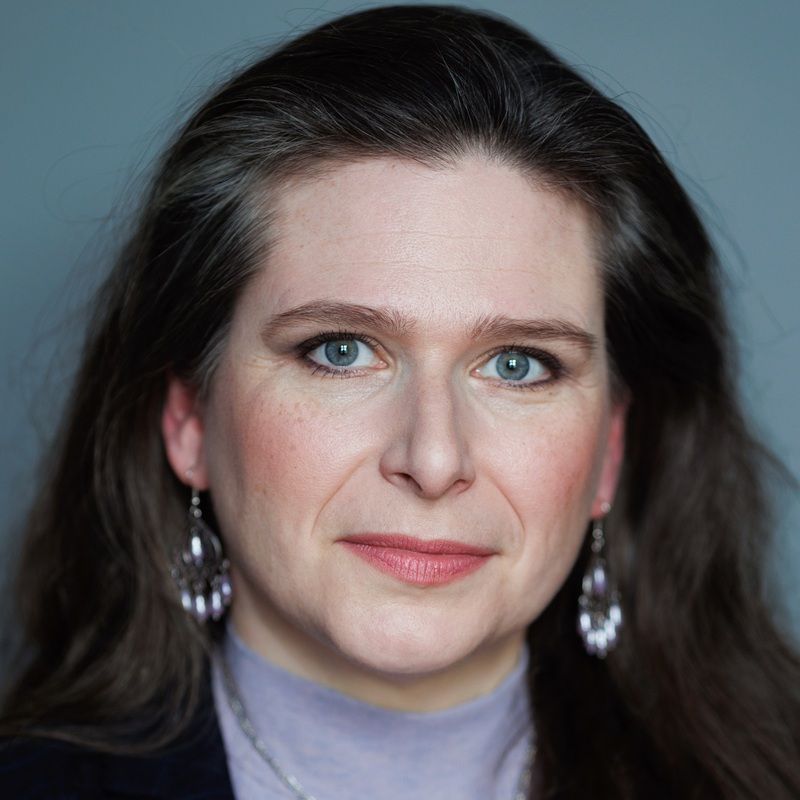
Gabriella Biró is a freelance cybersecurity expert with two decades of experience, including leader ship roles at the Central Bank of Hungary. A doctoral student in military engineering and an assistant lec turer, she holds numerous certifications including CISSP, CISA, CISM, and CEH. Gabriella is president and co-founder of WITSEC, sits on multiple cybersecurity boards, and coordinates the EU regional SheLeadsTech programme for ISACA.
Csaba Krasznay is Associate Professor at Ludovika University of Public Service, where he previously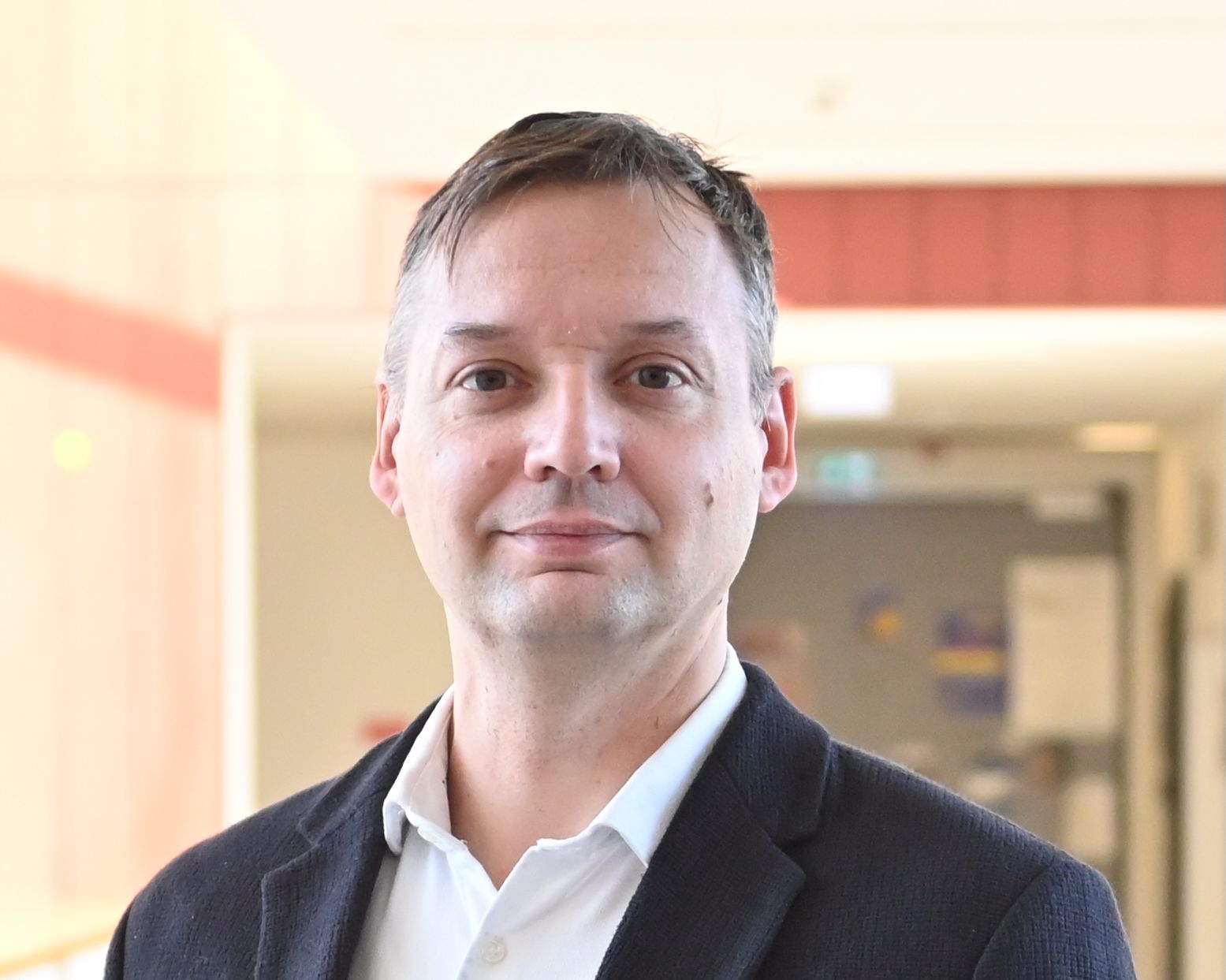 led the Institute of Cybersecurity and now oversees the Master’s programme in the field. He has evaluated Horizon Europe and Digital Europe projects since 2012 and serves on ENISA’s Ad-Hoc Working Group on Skills. Csaba is also a founder of OXO Cybersecurity Lab and a frequent media commentator and conference speaker in Hungary.
led the Institute of Cybersecurity and now oversees the Master’s programme in the field. He has evaluated Horizon Europe and Digital Europe projects since 2012 and serves on ENISA’s Ad-Hoc Working Group on Skills. Csaba is also a founder of OXO Cybersecurity Lab and a frequent media commentator and conference speaker in Hungary.
 Līga Raita Rozentāle is Director, Public Policy, Europe and International at CrowdStrike, a global cybersecurity service provider. She has also experience as Counsellor on Cybersecurity Policy for the Latvian Permanent Representation to the EU and the Latvian Delegation to NATO. She chaired the Council Working Party on the original NIS Directive and brings over two decades of experience in international se curity, cybersecurity, and diplomacy. Her academic background includes degrees from the University of Illinois and the Monterey Institute of International Studies.
Līga Raita Rozentāle is Director, Public Policy, Europe and International at CrowdStrike, a global cybersecurity service provider. She has also experience as Counsellor on Cybersecurity Policy for the Latvian Permanent Representation to the EU and the Latvian Delegation to NATO. She chaired the Council Working Party on the original NIS Directive and brings over two decades of experience in international se curity, cybersecurity, and diplomacy. Her academic background includes degrees from the University of Illinois and the Monterey Institute of International Studies.
Yugo Neumorni is President and co-founder of the CIO Council Romania and an Advisory Board  member of the InCyber Forum. With more than 30 years in the IT sector, he has led cybersecurity and digital transformation programmes in energy, manufacturing, and government. A CISA-certified expert since 2001, Yugo has also chaired EuroCIO and regularly speaks at international events on cyber governance and resilience.
member of the InCyber Forum. With more than 30 years in the IT sector, he has led cybersecurity and digital transformation programmes in energy, manufacturing, and government. A CISA-certified expert since 2001, Yugo has also chaired EuroCIO and regularly speaks at international events on cyber governance and resilience.
 Uzoma Agba is a Startup Advisor with Seedstars and an evaluator for Horizon Europe cybersecurity proposals through FundingBox and F6S. As a trainer for Google’s Next Generation Internet Safety Initiative, she empowers users with digital safety skills and advises startups through programmes including Google for Startups, Techstars, and the Google Hustle Academy. Her work spans mentorship, training, and stake holder engagement in support of Europe’s digital safety ecosystem.
Uzoma Agba is a Startup Advisor with Seedstars and an evaluator for Horizon Europe cybersecurity proposals through FundingBox and F6S. As a trainer for Google’s Next Generation Internet Safety Initiative, she empowers users with digital safety skills and advises startups through programmes including Google for Startups, Techstars, and the Google Hustle Academy. Her work spans mentorship, training, and stake holder engagement in support of Europe’s digital safety ecosystem.
A Deep Commitment to European Cybersecurity
The seven ambassadors selected by the COcyber consortium for the second cohort bring together a unique combination of institutional knowledge, operational experience, and forward-looking strategy. Their professional backgrounds span public policy, financial oversight, capacity building, academic research, and startup mentoring. Several have long-standing roles advising EU institutions and contributing to ENISA, Horizon Europe, and other European initiatives.
From shaping regulations to training the next generation of experts, they demonstrate a deep commitment to the future of European cybersecurity. Many are also engaged in grassroots education, mentoring, and community leadership — further extending their impact beyond policy into practice.
Challenges in Civilian and Defence Cybersecurity Collaboration
A recurring challenge identified by the ambassadors is the disconnect between civilian and defence cybersecurity frameworks. Differences in standards, language, methodologies, and operational cultures often create friction and hinder cooperation. Civilian systems tend to be more agile and transparent, while defence structures are typically hierarchical and closed, complicating information exchange.
Other concerns include limited access to non-classified defence knowledge, fragmented national protocols, slow coordination in crisis response, and uneven technological maturity across EU Member States. The underutilisation of private-sector expertise in national defence planning was also flagged, as well as legal barriers to public-private intelligence sharing.
Solutions for a Stronger European Cybersecurity Framework
To improve collaboration, ambassadors recommend aligning civilian and defence standards, investing in dual-use technologies, and encouraging policy harmonisation across the EU. Programmes such as Horizon Europe, Digital Europe, and the European Defence Fund should be used to co-fund R&D targeting shared vulnerabilities.
Joint education and training initiatives are also seen as key. Cybersecurity curricula that integrate civilian and military perspectives would help bridge skill gaps and establish common ground. Improved intelligence-sharing frameworks, including legal mechanisms to allow secure exchange of classified information between vetted actors, were also suggested.
Additionally, leveraging voluntary cyber defence reserves and involving private-sector SOCs in crisis planning could strengthen preparedness and coordination across the cybersecurity ecosystem.
What Ambassadors Expect from Their Role
The ambassadors view their role in the COcyber Ambassador Programme as an opportunity to promote collaboration between Europe’s civilian and defence cybersecurity communities. Several expressed their intention to actively support dissemination and stakeholder engagement efforts, particularly by contributing to events, participating in roundtables and consultations, and amplifying COcyber messages on LinkedIn and other social platforms.
Others aim to bridge communication gaps across professional networks, provide insights from their own expertise, and share information between national and European-level actors. A number of ambassadors noted they would bring COcyber results back to their local ecosystems through training, publications, or public presentations, including producing videos in multiple languages to engage a broader audience.
All ambassadors share a commitment to strengthening cybersecurity in Europe and see their involvement as a way to foster trust, align priorities, and accelerate dual-use innovation through cross-sector collaboration.

